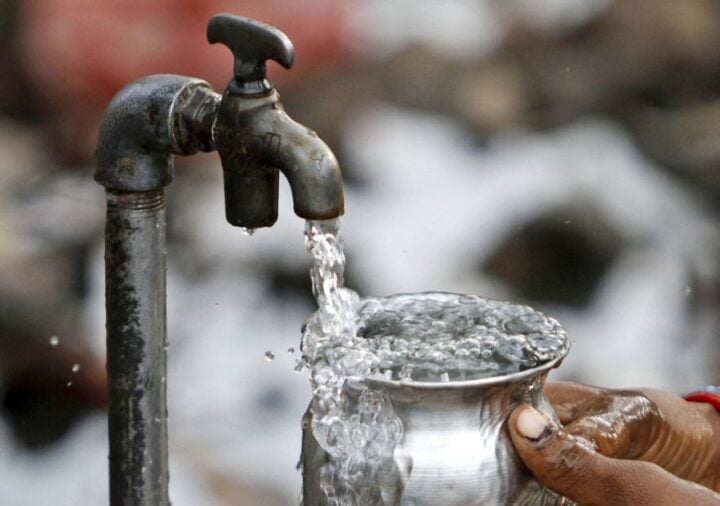Seplat Energy Plc says it has commenced commercial injection of crude oil through the Amukpe-Escravos Pipeline.
Emeka Onwuka, chief financial officer, Seplat Energy, disclosed this in a corporate filing on Monday.
In December 2021, Pan Ocean Oil Corporation (Nigeria), an E&P company, commissioned the 67-kilometre, 160,000 barrels of oil per day (bpd) pipeline, making it ready for use.
According to the statement, the Seplat Energy/Nigerian Petroleum Development Company (NPDC) joint venture (JV) would be injecting 35,000 barrels of oil per day (BPD) through the pipeline.
Advertisement
“The 67km mostly underground pipeline is expected to provide a more reliable and secure export route for liquids from Seplat Energy’s major assets OML 4, 38 and 41, connecting them with the Chevron-operated Escravos Terminal. It has a capacity of 160,000 bbl/day, of which the Seplat Energy / NPDC joint venture is entitled to inject 35,000 bbl/day,” the statement reads.
It added that dewatering was completed on July 29, and the “site acceptance test is now underway with commercial volumes”.
Dewatering is the process of removing water from crude oil before it is charged to the atmospheric distillation tower.
Advertisement
“Until now, the company has relied on the Trans Forcados System, which has experienced numerous disruptions in recent years due to pipeline maintenance and vandalism, which have impacted the company’s revenues,” it said.
Roger Brown, chief executive officer, Seplat Energy, said the commercial launch of the Amukpe-Escravos Pipeline is a significant event for the company and for Nigeria.
He added that it would offer a more secure and reliable export route that “will assure higher revenues and profitability for Seplat Energy, enabling us to make a larger contribution to Nigeria’s economy”.
“We commend the work that has made this possible and appreciate the efforts of our partners and all contractors involved to create this more reliable and secure export route for Nigeria’s oil,” he said.
Advertisement
The Amukpe-Escravos pipeline is expected to provide another export option for the country’s oil sector, which has been battling operational difficulties due to lack of investment, oil theft, among others.
Last week, Bloomberg reported that the Trans-Niger Pipeline, a major pipeline capable of transporting about 180,000 barrels of crude per day, has been moribund since mid-June due to theft.






